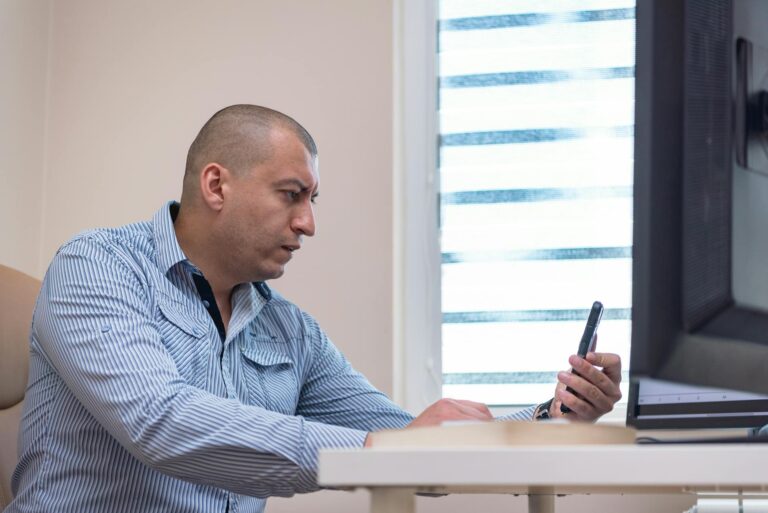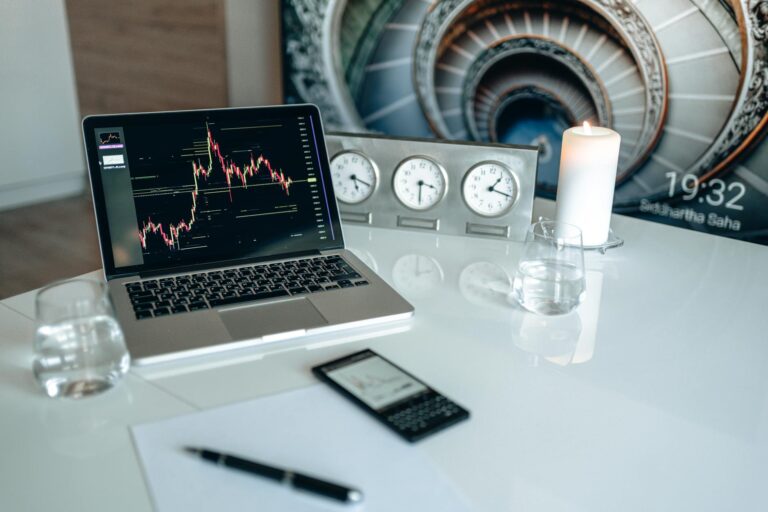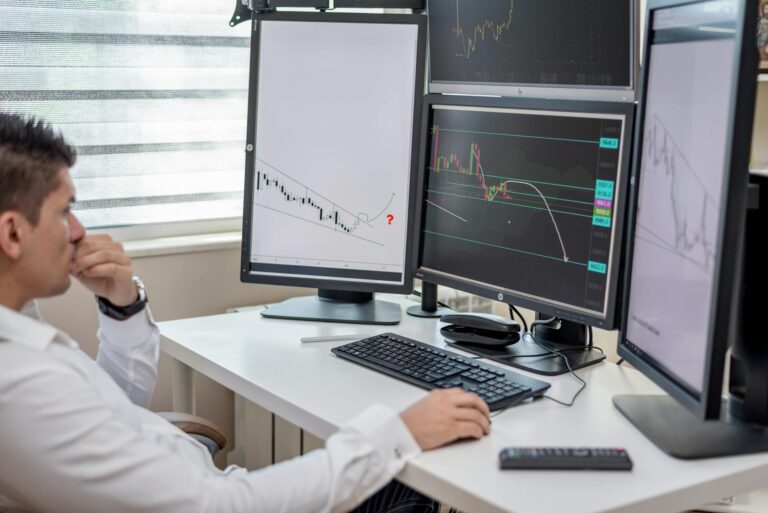Harnessing the Power of Emotional Intelligence in Forex Trading
Understanding Emotional Intelligence in Forex Trading
Forex trading is not just about numbers and charts; it’s also a psychological battle. Emotional intelligence (EI) refers to the ability to recognise, understand, and manage our emotions — a crucial skill for any trader looking to navigate the volatile forex market effectively.
Why Emotional Intelligence Matters
Many traders focus solely on technical analysis and ignore the emotional aspect of trading, which often leads to impulsive decisions and losses. Emotional intelligence helps traders stay calm under pressure, resist emotional impulses, and maintain discipline.
Key Components of Emotional Intelligence for Traders
- Self-awareness: Recognising your emotional triggers during trading.
- Self-regulation: Controlling impulses that lead to risky trades.
- Motivation: Staying focused on long-term goals despite short-term setbacks.
- Empathy: Understanding market sentiment and other traders’ psychology.
- Social skills: Engaging with trading communities for shared learning and support.
Practical Tips to Develop Emotional Intelligence in Forex Trading
- Maintain a trading journal: Track your trades and emotional responses to identify patterns.
- Practice mindfulness and stress management: Techniques such as meditation can help maintain emotional balance.
- Set clear trading plans: Defined strategies reduce emotional decision-making.
- Learn from losses: Analyse mistakes objectively without self-criticism.
- Engage with mentor or peers: Gain perspective and emotional support.
Conclusion
Incorporating emotional intelligence into your forex trading toolkit can be transformative. It not only enhances your ability to make rational decisions but also builds resilience against the inevitable ups and downs of the market. By developing EI, traders can achieve greater consistency and success over time.







